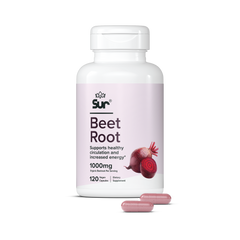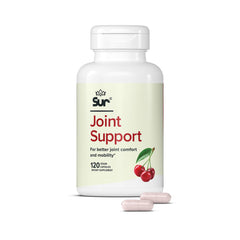Caffeine use while competing has become quite popular in the sporting world, especially in endurance sports. Caffeine has been shown to increase fatty acid mobilization and oxidation as well as can help mask pain which can increase performance in endurance athletics. This certainly sounds great, and yes, I personally consume caffeine while both racing and training. However, as the saying goes, a little knowledge can be a bad thing! There is no argument that the research supports caffeine use in endurance performance. However, it cannot just stop there. Unfortunately, many athletes hear that caffeine is good and just assume that they need to shovel it in all race long. This can cause some major issues on race day.
The amount of caffeine is the biggest thing most people get wrong. Often times, the assumption is that more is better. This is definitely not the case. Most dosing recommendations come from studies using shorter distances like an hour time trial. The suggested dose ranges between 3 and 9 mg/kg body weight. This is quite a large range. For a 150-pound athlete, that is between 200 and 600mg. There is also a rate of diminishing returns. So as the dose goes up, the measurable benefit tapers off.
What further complicates this is that we all metabolize caffeine at a different rate. In one study, fast caffeine metabolizers show a greater benefit from higher caffeine consumption. Medium metabolizers showed no benefit and slow caffeine metabolizers showed a DECLINE in performance with caffeine consumption of 4mg/kg. You can actually get a genetic test done to determine what category you fall into. This is something very few people do, and even fewer people understand how to use the results. Perhaps not a terrible idea. Rate of metabolism is also a factor when determining how much caffeine per hour and/or per dose to take in. If the race is 1-2 hours, then you obviously need to dose higher. For 70.3 or full distance races, your dose will be less. Again, fast metabolizers can take higher dosages than medium and slower across any distance.
Like so many things nutrition related, the weather can impact the amount of caffeine you should take on race day. High levels of caffeine consumption can increase both core and skin temperature leading to increased sweat rates. Maintaining proper hydration on hot days is extremely difficult, and going overboard with caffeine can make that task even more difficult. So you are able to consume more caffeine during cooler races than you can during warmer ones.
So caffeine is not just something that you can have a standard “take xx mg per hour.” Personally, I fall into the “medium metabolizer” category. For a 70.3, I’ll start my morning with a single cup of coffee (2ish hours before the race), then aim for about 75mg/hr on both the bike and run. For a full distance, I avoid any caffeine until the start of the run, then target 75mg/hr for the first 1/2 and 100-125 mg/hr for the second half. Yes, this is much lower than what many people take. However, it is what seems to work the best for me on race day…and allows me to get a few minutes of sleep at least the night after the race! Of course, I’ve dialed this in through trial and error in training using the knowledge that I am a medium metabolizer and the current research on the topic as a starting point.



